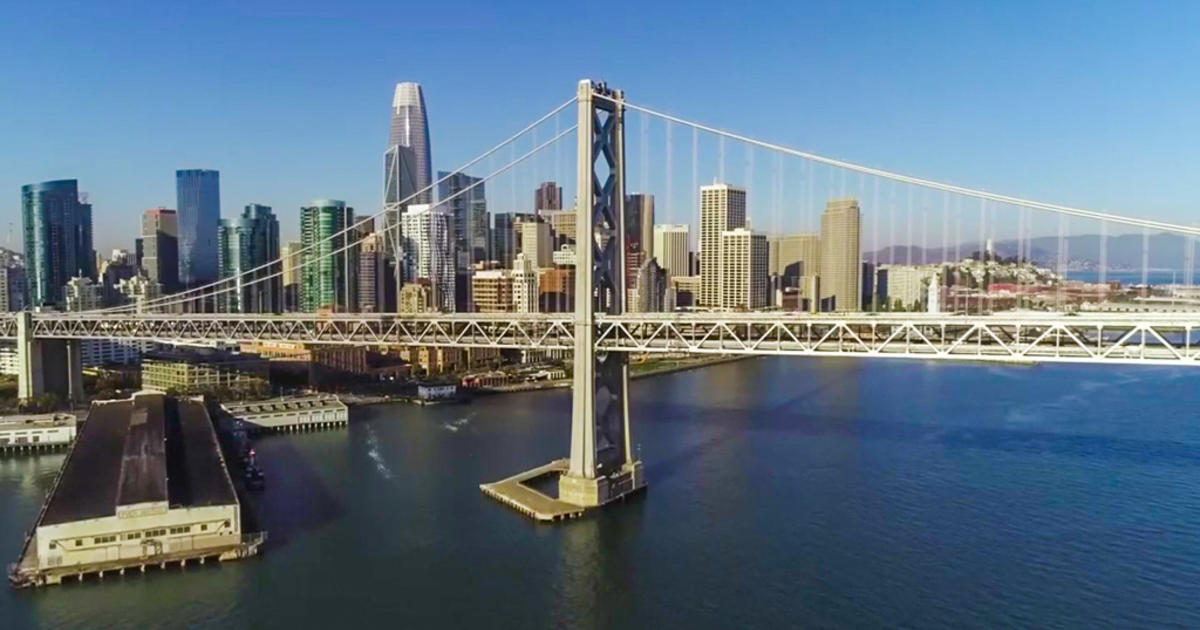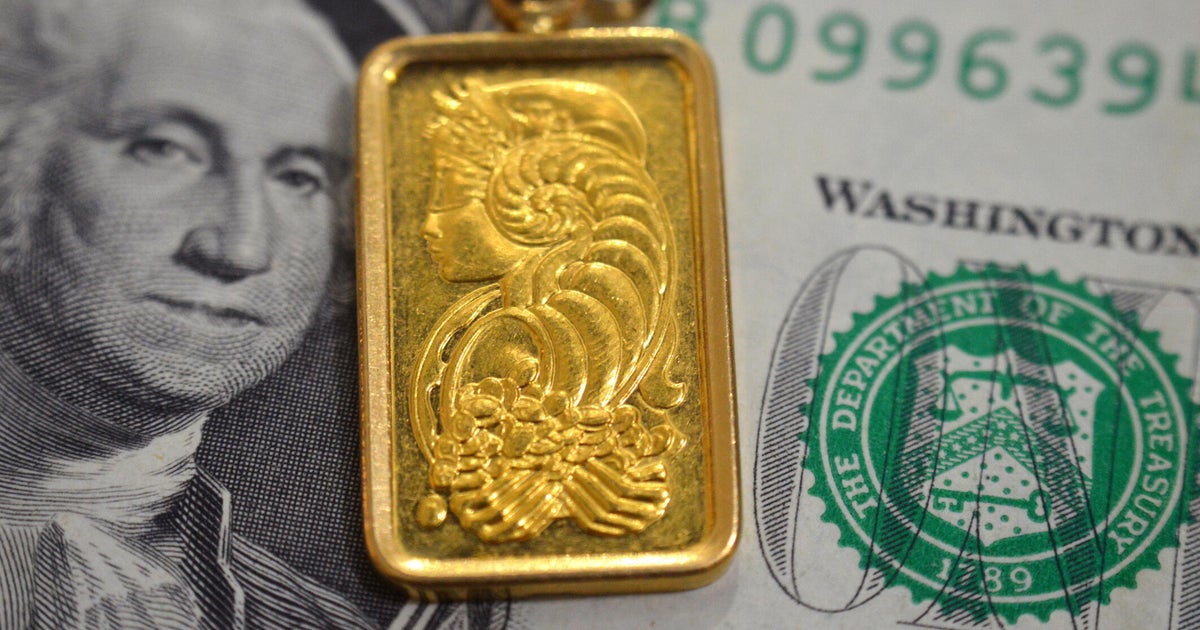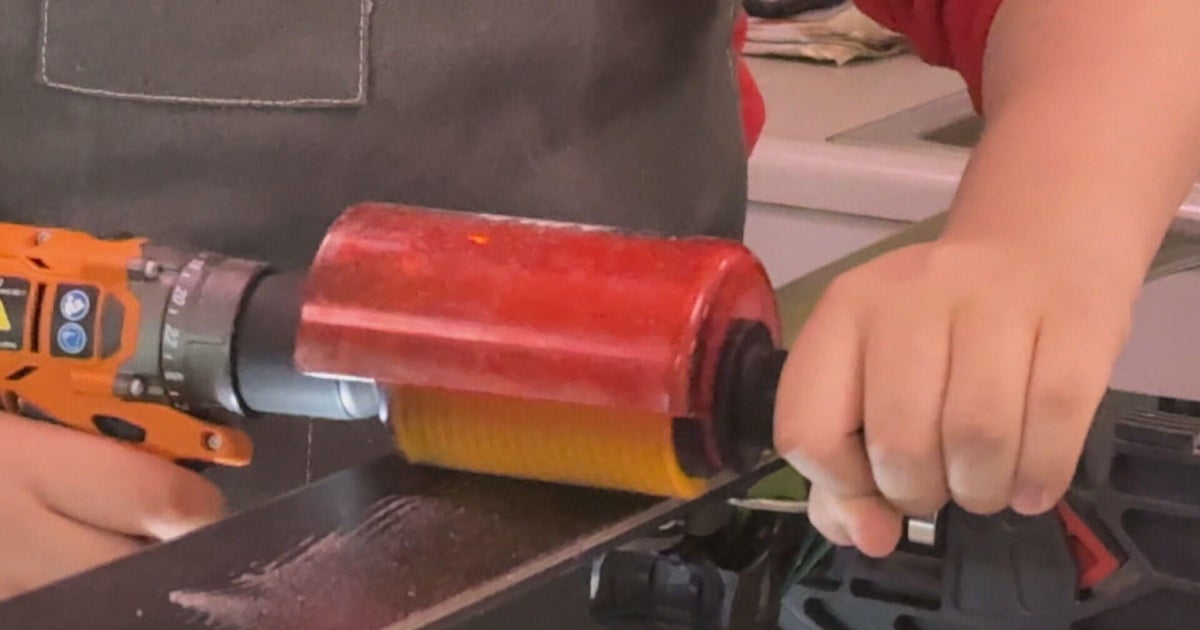Restaurateurs want outdoor dining extension as patrons still fear indoors
Winter is approaching and many restaurants that have relied on outdoor dining to recoup some of their lost business during the pandemic will soon lose their lifeline as temperatures drop.
While many restaurants appeared to be busy during the warmer summer months, operators say they still haven't recouped their pandemic-related losses. Even though sidewalk and street cafes may have been packed, many eateries could only accommodate a small share of their usual indoor capacity.
Further, hiring across the U.S. dipped dramatically in August, hampered by a surge in COVID-19 cases caused by the Delta variant. Customer-facing industries like the retail trade, and leisure and hospitality, were hit the hardest, with bar and restaurant hiring coming to a practical standstill.
"There's a misconception that we were doing really well, but most of our outdoor dining is only a fraction of what we have indoors," said Nya Marshall, owner of Ivy Kitchen in Detroit, Michigan. "There's a misconception — we look tapped because we're full outside, but indoors we're empty. Our revenue is still drastically down compared to pre-COVID."
Marshall's predicament is all too common. Food costs are up; Delta-leery patrons are fearful of eating inside; and outdoor dining will come to an end once temperatures start to drop, leading her to wonder how her business will survive another winter season.
"I am doing everything I can to make it work, but I don't think outdoor dining will be as palatable in the freezing cold," she said.
Marshall's revenue is down 38% compared to what it was pre-COVID. And she can't afford to construct an insulated outdoor shelter that could keep patrons warm in 40-degree weather and below. She plans to deconstruct her existing wood structure and "take a loss right now."
"We're constantly understaffed"
Other operators say staffing shortages are hurting their ability to make money.
Angela Sulton knew that opening a brand-new restaurant in Philadelphia last August, with no end to the COVID-19 pandemic in sight, was risky business. But with both her food truck and catering businesses practically defunct, and with no patrons or upcoming events, she knew a pivot was in order.
Sulton and her husband opened Community, a restaurant serving homemade bar food and specialty cocktails that has become a local hotspot, with some customers frequenting the joint as often as three times per week.
The eatery's main challenge, according to Sulton, is hiring workers.
"We are constantly understaffed. A lot of guests want to sit outside, but my servers can't handle it. I don't have anyone to bring the food or drinks to the tables," she said. "It's driving us insane because we have happy customers, but we don't have the staff to support it."
Customers clearly still prefer dining al fresco. "Outside is where they want to be. We'll have a one-hour wait outside with a half-empty restaurant. Most people want to sit outside," Sulton said.
Sulton was among the two-thirds of applicants who did not receive assistance from the $28.6 billion Restaurant Revitalization Fund, designed to support independent restaurants across the U.S. If she were to receive government assistance she'd use it to pay her workers more. "It would be great if the city or government did something for labor. We can't get enough help to run the business, and I am closed two days a week when I could be making money," Sulton said.
Philadelphia's so-called "streeteries" can legally operate through December 31, 2021. But other cities' outdoor permits are set to expire at the end of October.
Restaurateurs across the country this week called on their cities' mayors to extend outdoor dining, warning them that many more closures could be imminent if they don't push for the measure, as the Delta variant compels the majority of patrons to steer clear of indoor dining rooms, new research shows. About 110,000 restaurants and bars have either temporarily or permanently closed during the pandemic, according to National Restaurant Association.
Help needed to "sustain the winter"
In recent weeks, the more contagious Delta strain of COVID-19 slowed indoor dining at 78% of restaurants, according to data from the National Restaurant Association.
Many restaurants rely on outdoor dining for about 20% of their overall sales, yet roughly 60% of restaurants nationwide can only legally seat patrons outdoors through October, according to the NRA.
While expansion onto sidewalks and into streets has been a lifeline for many establishments, only 30% of restaurants outdoor plan to utilize seating throughout the course of the winter, NRA statistics show.
"Restaurants currently rely on outdoor dining to stay open, but the dark chill of winter is coming," Mike Whatley, the NRA's vice president for state affairs and advocacy, warned in a statement. "For operators depending on this revenue, every additional day they can extend their outdoor service matters. Last year, despite supply-chain issues, many restaurants were able to invest in equipment to expand and winterize their outdoor dining areas. But many restaurants weren't able to make those investments."
Specifically, the association is calling on local authorities to extend the period during which outdoor dining is permitted, and to fund outdoor dining infrastructure, including the construction of outdoor seating areas and the purchase heating equipment.
"Expanded outdoor dining cannot replace robust consumer demand for indoor dining or Congress taking action to replenish the RRF, yet it is critically needed to help the industry sustain the winter," Whatley said.



